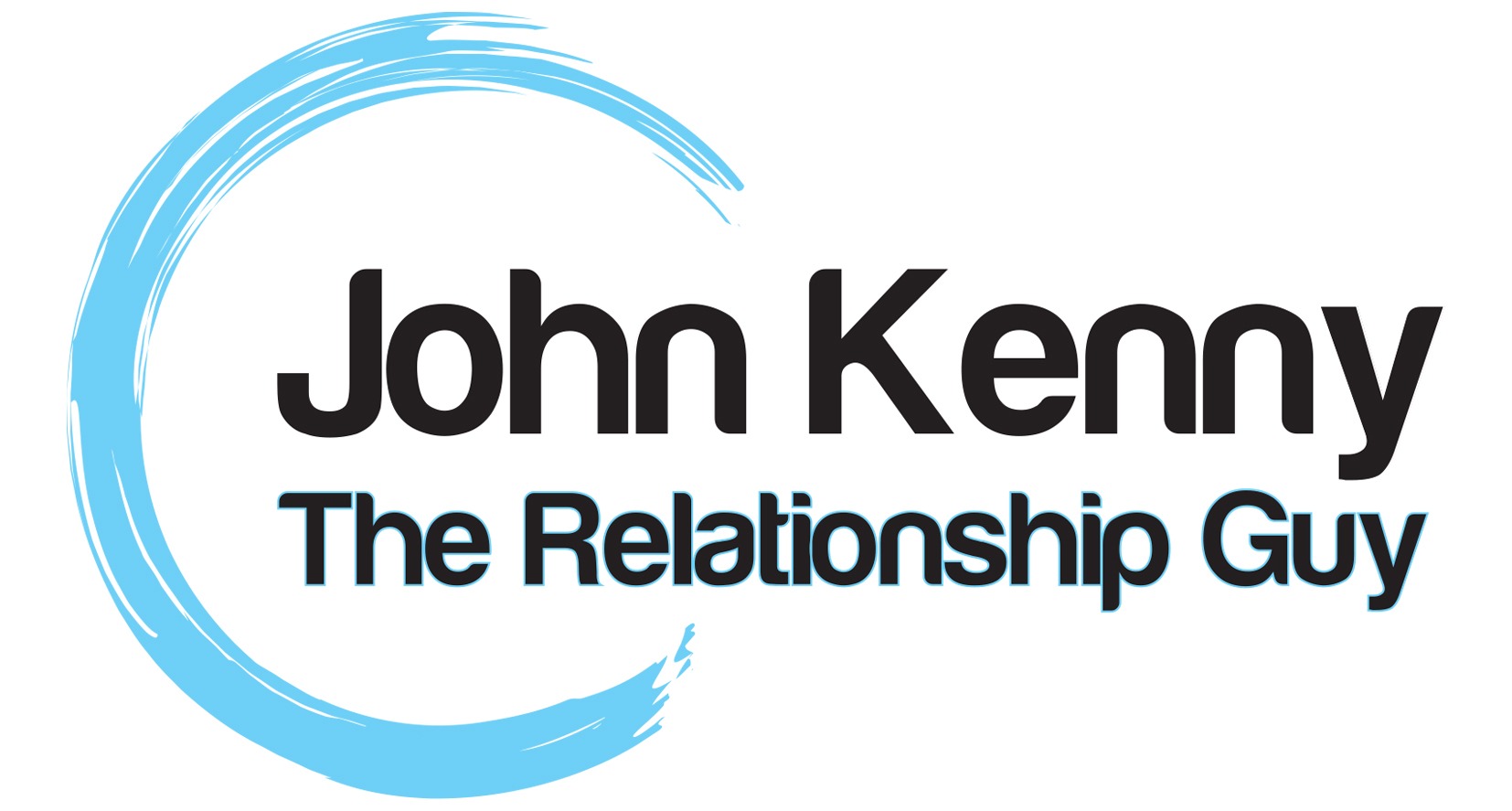As it is the beginning of Mental Health Week, I thought I would write a brief piece around how you can try different things that could help you to feel healthier, happier less stressed and anxious.
As I have written before in blogs and my online programmes, negative emotions are a natural part of life and none of these things will get rid of them completely (I will another blog soon about the importance of negative emotions), but these can help you to better your life and face your challenges with a healthier mind and body.
No wasting time, here is the list:
1. Exercise Regularly
Physical exercise has been proven to be good for your physical and mental health. Research found that regular exercise decreases tension, elevates and stabilises mood, improves sleep, and boosts self-esteem. And it can be as little as doing 5 minutes a day, as long as you get your heart pumping.
It reduces fatigue, improves alertness and concentration, and enhances your overall cognitive function. This can be helpful when anxiety has depleted your energy or ability to concentrate. When your body feels better, so does your mind.
Physical activity produces chemicals in the brain that act as natural painkillers and reduce anxiety. And a bit of yoga acts like meditation.
2. Get More Sleep
Sleep deprivation, or just a general lack of sleep creates an imbalance in hormone levels which drive anxiety levels higher. Too little sleep also boosts adrenaline levels which can exacerbate anxiety issues.
Things that can improve sleep:
• only sleep at night
• don’t watch television, use your phone, tablet, laptop in bed
• get up and go to another room until you feel sleepy instead of tossing and turning
• avoid any stimulants and large meals before bedtime
• keep your room dark and cool
• write down any concerns before going to bed so you don’t lay there thinking
• create a bedtime routine and bed time
3. Meditate
Meditation is known to relieve stress and anxiety. 30 minutes daily may alleviate some anxiety symptoms as it allows you to slow down and observe the world without judgment. It can also help to reduce worrying thoughts and bring about a feeling of balance, calm, and focus.
4. Healthy Diet
If you notice that what you’re eating is affecting how you feel, try to stay hydrated, eliminate processed foods, and eat a healthy diet rich in complex carbohydrates, fruits, vegetables, lean proteins and some fats (they are good for you too).
5. Keep Alcohol to a Minimum
Most of us know that alcohol is a natural sedative (or depressant), and many of us drink to relax and release tension. However, alcohol can increase symptoms on anxiety (as I tis a toxin) and once the effects of alcohol wear off, anxiety can return with more intensity (as it will with most drugs).
If you rely on alcohol when you’re anxious, you put yourself at risk of developing a dependence and are not addressing your underlying issues.
6. Stop Smoking
Just like alcohol, tobacco offers a quick fix that may worsen anxiety over time. Smokers are at higher your risk of being diagnosed with an anxiety disorder later in life and nicotine and some other of the thousands of chemicals in cigarettes alter pathways in the brain that are linked to anxiety.
You may think it helps you to relax, but taking deep breaths will do exactly the same thing.
7. Caffeine Blues
Caffeine compromises your ability to feel less anxious. It stimulates nervousness, by generating an increase in panic attacks among people diagnosed with panic disorder. For some people, eliminating caffeine altogether may significantly improve anxiety symptoms. You can stabilise your mood by avoiding the peaks and troughs.
8. Practice Deep Breathing
Deep breathing can help restore normal breathing patterns and reduce anxiety (as mentioned with the smoking). If you’re feeling particularly anxious, deep abdominal breathing can help you relax. Start by inhaling slowly and deeply through your nose. It can help to focus on the air as it goes in and out – as you breathe, say to yourself – warm air in, cool air out. Your brain can be confused by shorter, sharper chest breathing, thinking you are anxious and release hormones that make it worse.
9. A Few Herbs, Smells and Added Extras
Chamomile tea is a common remedy for relieving tension and promoting sleep.
Aromatherapy can help induce relaxation, regulate sleep, improve mood, and reduce heart rate and blood pressure.
Magnesium is a natural muscle relaxer and can help with cramps and tension.
Passionflower is thought to result in a decrease in anxiety and stress by increasing levels of GABA [gamma-aminobutyric acid] in the brain. It’s not recommended to take it straight from the dropper, due to reports that it could cause hallucinations.
Probiotics – While probiotics are commonly known to support digestion and immune system health, most people don’t know that they also have many brain health benefits. Research has found that you have brain cells in your stomach and maintaining an optimal level of gut bacteria may promote a healthy mind.
10. Take Some Time Out and Relax – no explanation required!
Do not try all of these changes at once, but gradually introduce the ones that you want into your life, otherwise it may lead to overwhelm and create more stress. Your brain is happy with change, but it needs to be at your own acceptable pace.
Before implementing any changes suggested in this blog, you MUST always consult your doctor or health professional.
Be good to yourself
John

